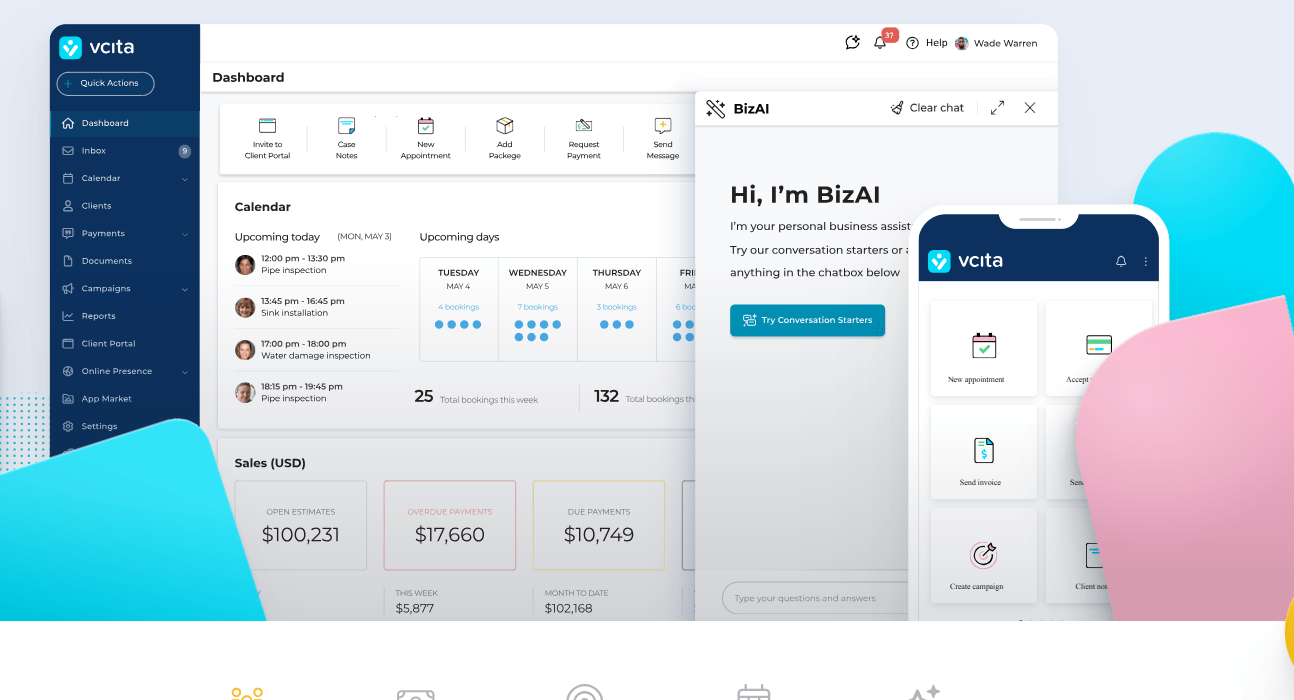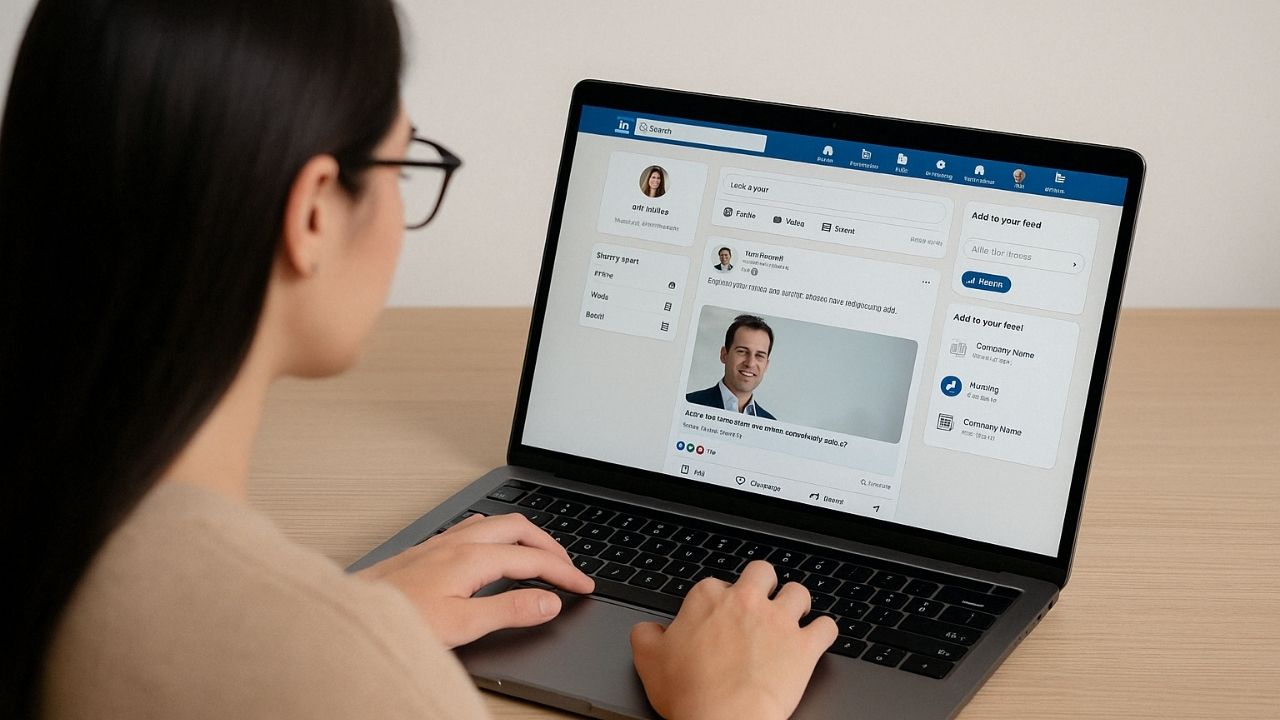I just got an email from VCita that they recently updated their CRM with some new features. CRM is a powerful way for businesses to better servce their customers.
VCita’s CRM update includs:
Create tailored views – Build dynamic client list views using filters and tags, making it easier to track and manage clients. Apply bulk actions to save time and stay organized.
Stay on top of your workflows – Easily create views that reflect each stage of your clients’ journey – from new inquiries to completed services. This helps you prioritize tasks and optimize your daily workflow.
Collaborate with ease –
Each team member can customize their views to focus on what matters most to them. Need to collaborate? Share views to keep everyone aligned.
However what got me thinking MOST small businesses do not use CRM of any kind. I talked to one shipping business owner – logistics business from the USA to a small island, he and his 4 employee company just use spreadsheet templates and a simple Excel sheet or other tools.
CRM is powerful way to better KNOW your customers, CONNECT with your customers and reach out to them. CRM helps you PERSONALIZE your communications and better serve your customers.
Zoho, Keap, Hubspot, Mailchimp, VCita, Salesforce, Nimble, there’s so many good ones out there. Go beyond a spreadsheet and use CRM.
Related articles:
Customer Operations Are Beter with CRM Says Survey(Opens in a new browser tab)
How To Keep Your Customers Happy After the Sale with CRM(Opens in a new browser tab)
What is CRM?
CRM, or Customer Relationship Management, is a technology for managing all your company’s relationships and interactions with customers and potential customers. It’s a system that helps you stay connected to your clients, streamline processes, and improve profitability.
Why is CRM Important?
- Centralized Customer Data: CRM systems store all customer information in one place, giving you a 360-degree view of each client.
- Improved Customer Service: With all information at your fingertips, you can provide faster, more personalized service.
- Increased Sales: CRM helps you track leads, identify opportunities, and close deals more efficiently.
- Better Decision Making: With comprehensive data and analytics, you can make informed business decisions.
- Enhanced Collaboration: Team members can easily share information and work together more effectively.
Why Should Small Business Owners Use CRM?
As a small business owner, you might think CRM is only for large corporations. However, CRM can be a game-changer for businesses of all sizes. Here’s why:
- Scalability: CRM grows with your business, supporting you from your first customer to your thousandth.
- Time-Saving: Automate repetitive tasks and focus on what matters most – growing your business.
- Improved Organization: Keep all customer interactions, sales processes, and marketing efforts organized in one place.
- Better Customer Retention: Understand your customers better and provide superior service to keep them coming back.
Why is CRM Better Than Using Excel?
While Excel is a powerful tool, it has limitations when it comes to managing customer relationships:
- Real-Time Updates: Unlike Excel, CRM updates in real-time, ensuring all team members have the latest information.
- Automation: CRM can automate follow-ups, reminders, and other tasks that would be manual in Excel.
- Scalability: As your business grows, CRM can handle increasing amounts of data more efficiently than Excel.
- Collaboration: CRM allows multiple users to access and update information simultaneously, something Excel struggles with.
- Analytics: CRM provides powerful, built-in analytics and reporting tools that go beyond Excel’s capabilities.
CRM Use Cases for Small Businesses
- Sales Pipeline Management:
Imagine you run a small marketing agency. With CRM, you can track each lead from initial contact through proposal and closing. You’ll know exactly where each potential client is in your sales funnel, what actions you need to take next, and what your sales forecasts look like. - Customer Support Tracking:
Let’s say you own a boutique e-commerce store. CRM can help you manage customer inquiries, track support tickets, and ensure no customer falls through the cracks. You can see a customer’s purchase history, previous interactions, and preferences all in one place, allowing you to provide personalized, efficient support.
In conclusion, CRM is not just a nice-to-have for small businesses – it’s a must-have tool that can drive growth, improve customer satisfaction, and give you a competitive edge. By centralizing your customer data, automating processes, and providing valuable insights, CRM can help take your small business to the next level.











